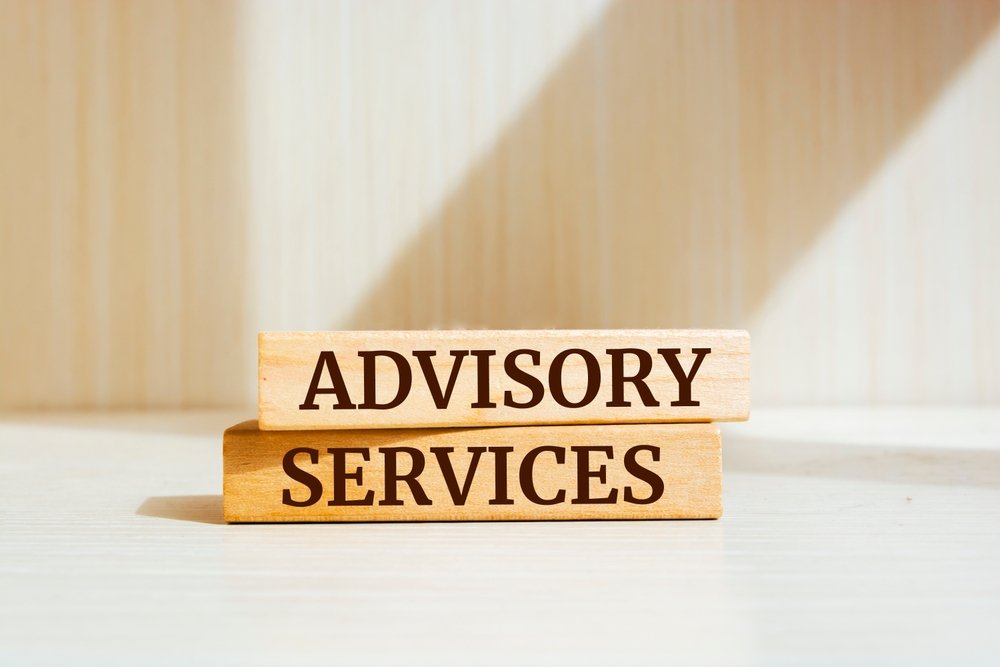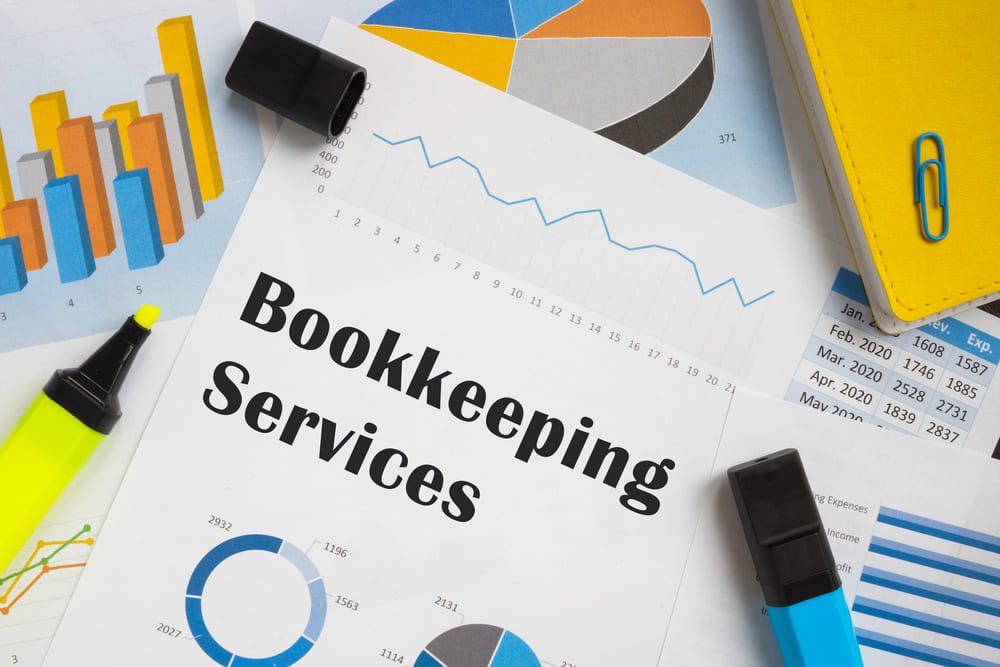
In today’s fast-paced and competitive business world, it is essential for companies to manage their costs effectively. Cost audit is a process that helps businesses to identify and reduce unnecessary costs, which can ultimately lead to improved profitability. In this blog, we will discuss what cost auditing is, why it is important, and how it works. Cost auditing is an essential process that involves verifying cost accounts and ensuring adherence to cost accounting principles and plans. The primary objective of cost auditing is to detect errors or frauds in cost records and introduce internal audits with a focus on costs to reduce the work of the financial auditor.
Cost audit comprises several types, including statutory cost audit, retention price fixation, tax assessment, or trade bargains and disputes. To become a cost auditor, one must possess the necessary qualifications prescribed by the professional and regulatory body for cost and management accountancy of the country. The cost audit procedure involves review, verification, and reporting, with a specific format for cost audit reports. Cost audit is an important and continuous process that a company must execute correctly during its entire existence in the market.
Cost audit is a systematic review of a company’s cost accounting system to ensure that it is working effectively and efficiently. The process involves examining the company’s cost records and verifying the accuracy and reliability of the data. The aim of cost audit is to identify any areas of cost wastage and to make recommendations for improvements. The primary objective of cost audit is to ensure that the organization’s management has a reliable basis for making informed decisions about pricing, profitability, cost control, and cost reduction measures.
Cost auditing is important for several reasons. First, it helps companies to identify and reduce unnecessary costs, which can improve profitability. Second, it ensures that the company’s cost accounting system is accurate and reliable, which is essential for making informed business decisions. Third, it promotes financial transparency and accountability, which can enhance the company’s reputation and stakeholder trust.
By analysing the cost accounting records, businesses can identify potential areas of wastage, and take corrective measures to optimize their operations. Additionally, cost audits provide management with insights into the cost structure of the business, which can help them make informed decisions about pricing, investment, and resource allocation. Cost audits also help businesses comply with regulatory requirements, such as those related to pricing, taxes, and consumer protection.

Cost audit involves several steps. The first step is to gather and review the company’s cost records. This includes reviewing invoices, receipts, payroll records, and other documents related to the company’s expenses. The auditor will then verify the accuracy and reliability of the data by comparing it to external sources, such as bank statements and tax records.
The next step is to identify any areas of cost wastage. This involves analyzing the company’s cost structure and comparing it to industry benchmarks. The auditor will look for any areas where the company is spending more than it should be and make recommendations for cost savings. Once the cost auditing is complete, the auditor will prepare a report that outlines their findings and recommendations. The report will be presented to the company’s management team, who will then decide whether to implement the recommendations.
One of the primary benefits of cost auditing is the ability to identify areas of cost wastage. By examining the company’s cost structure and comparing it to industry benchmarks, cost auditing can identify areas where the company is spending more than it should be. This can result in targeted cost savings that have a direct impact on the company’s profitability.
2. Improve Profitability:
By identifying areas of cost wastage and making recommendations for cost savings, cost auditing can improve the company’s profitability. This is particularly important in today’s competitive business environment, where even small cost savings can make a significant difference to the bottom line.
3. Promote Financial Transparency:
Cost audit promotes financial transparency by ensuring that the company’s cost accounting system is accurate and reliable. This provides stakeholders with confidence in the company’s financial reporting and enhances the company’s reputation.
4. Make Informed Business Decisions:
Cost audit provides companies with accurate and reliable cost data, which enables them to make informed business decisions. By having a clear understanding of their costs, companies can make decisions based on sound financial information, rather than guesswork or assumptions.
Cost auditing is an important process that can help companies to manage their costs effectively, improve their profitability, promote financial transparency and accountability, and make informed business decisions. While cost auditing can present challenges, such as the cost and time required to conduct the audit and implementing the recommendations, the benefits far outweigh the costs. By investing in cost audit, companies can identify areas of cost wastage, make targeted cost savings, and enhance their reputation with stakeholders. In today’s competitive business environment, cost auditing is an essential tool for companies that want to stay ahead of the competition and achieve long-term success.
 Accounting Advisory Services to Help You Grow Your Business
Accounting Advisory Services to Help You Grow Your Business PRO Services in Dubai
PRO Services in Dubai “A Complete Guide To Understanding Corporate Tax In UAE”
“A Complete Guide To Understanding Corporate Tax In UAE” In Country Value Certificate in Dubai Assurance & Audit Services In UAE
In Country Value Certificate in Dubai Assurance & Audit Services In UAE Which is Best Bookkeeping Service in Dubai
Which is Best Bookkeeping Service in Dubai  Unveiling Dubai’s Financial Compass: Navigating Growth Through Cost Audit in dubai
Unveiling Dubai’s Financial Compass: Navigating Growth Through Cost Audit in dubaiDubai Fahidi heights Al hamriya | London DA16 3DJ Welling
Copyrights 2022 Forth Right. All Rights Reserved.